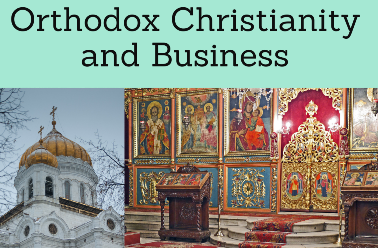Business in Bulgaria, Sofia, Metallurgy
Bulgarian Foreign Trade, Logistics and Economy. Business in Sofia (Bulgaria)

Top raw materials of Bulgaria: Copper (the third European producer), iron, coal, gold, bismuth, zinc
- The metallurgical sector is vital for the Bulgarian Economy
Main Bulgarian products: electronic devices, fuels, building materials, car components, weapons
- Introduction to the Republic of Bulgaria (EU)
- Economy of Bulgaria: The metallurgical sector is one of the pillars of Bulgaria
- Doing Business in Sofia
- Bulgarian Foreign Trade
- Transport and Logistics
- Investment in Bulgaria
- Main Bulgarian companies
- Access to the Bulgarian Market
- Business Plan for Bulgaria
Sample: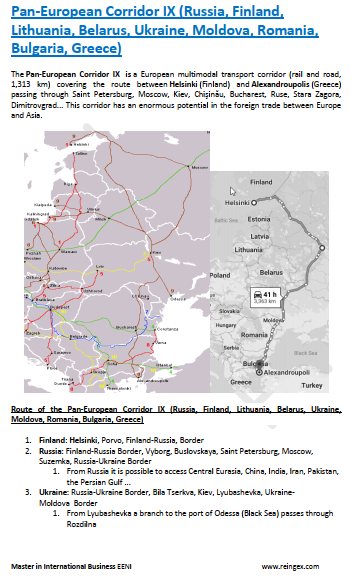

The educational aims of the Subject “Foreign Trade, Logistics and Business in Bulgaria” are:
- To analyze the Bulgarian Economy, Logistics and Global Trade
- To conduct research on business opportunities in the Bulgarian Market
- To analyze the Bulgarian trade relations with the student's country
- To learn about Bulgarian Trade Agreements as a member of the European Union
- To develop a business plan for the Bulgarian Market

The Subject “Foreign Trade, Logistics and Business in Bulgaria” is included within the curriculum of the following academic programs at EENI Global Business School:

Masters: International Business, Foreign Trade.

 Masters adapted to Bulgarian Students.
Masters adapted to Bulgarian Students.
Languages:  +
+  Bulgaria
Bulgaria  Bulgarie
Bulgarie  Bulgária.
Bulgária.
- Subject Credits “Doing Business in Bulgaria”: 1

International Trade, Logistics and Business in Bulgaria
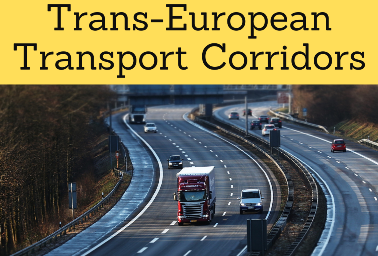
- Europe-Caucasus-Asia Logistics Corridor
- International North-South Transport Corridor (India-Russia) (Observer country)
- Pan-European Transport Corridor IX (Finland-Greece)
- Access to the Trans-Caspian Trade and Transit Corridor (Central Corridor)
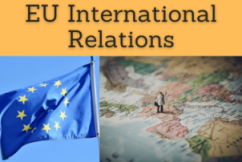

Preferential Access and Trade Agreements of Bulgaria
- Bulgaria and the Orthodox Economic Area / European Economic Area
- The EU
- As a member of EU, Bulgaria is a beneficiary of EU Trade Agreements: Egypt, Jordan, Lebanon, Ukraine, Moldova, Georgia...
- European Single Market
- The European Union Services Directive
- European Digital Single Market
- European Customs Union
- Black Sea Economic Cooperation
- Central European Initiative
- Free Trade Agreement between Bulgaria and Bosnia and Herzegovina
- Regional Cooperation Council
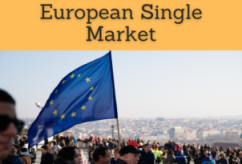

- World Trade Organization (WTO)
- Agreement on Trade in Services (GATS)
- Agreement on Sanitary Measures
- Agreement on Technical Barriers to Trade
- Agreement on Preshipment Inspection
- Agreement on Safeguards
- Trade Facilitation Agreement
- World Customs Organization (WCO)
- Kyoto Convention
- COTIF Convention (Rail)
- BIC
- Chicago Convention (ICAO)
- International Maritime Organization (IMO)
- Convention for Safe Containers
- Istanbul Convention
- Customs Convention on Containers
- Convention Harmonization of Frontier Controls of Goods
- COTIF Convention (Rail)
- CMR Convention
- International Road Transport Union (IRU)
- TIR Convention
- Guidelines on Safe Load Securing for Road Transport
- CIM & CIT Rules (Rail Transport)
- Organization for Cooperation between Railways (OSJD)
- International Chamber of Commerce
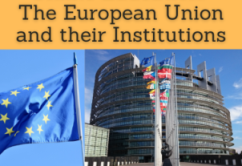
- European Union
- European Central Bank
- European Investment Bank
- European Bank for Reconstruction and Development (EBRD)
- European Union-CELAC Summit
- Economic Commission for Europe (UNECE)
- Organization for Security and Cooperation in Europe (OSCE)
- Group of States of the European Council Convention against Corruption
Global Organizations
- OECD anti-corruption measures
- United Nations
- World Bank
- World Trade Organization (WTO)
- International Monetary Fund
- Capital of Bulgaria: Sofia
- Official Language: Bulgarian
- Bulgarian Area: 110,879 km²
- Bulgarian Population: 7.3 million people
- Type of Government of Bulgaria: Parliamentary Republic
- Borders of Bulgaria: Romania, Serbia, Macedonia, Greece and Turkey
- Independence of Bulgaria: 1908 (Ottoman Empire), 1991 (Soviet Union)
Religion in Bulgaria: Orthodox Church (Christianity).
Bulgaria belongs to Orthodox Civilization (European Economic Area).
Economy of Bulgaria.
- The Republic of Bulgaria is a free-market Economy, and a median-upper income economy (WB)
- GDP per capita: 12,800 dollars
- Bulgarian Currency: Lev
- Corruption is very latent in Bulgaria
- Bulgaria joined the EU in 2007
- Top Bulgarian enterprises: BDZ, Bulgarian Air transport, Corecom, Madara, Payner Music, National Television of Bulgaria
Sample: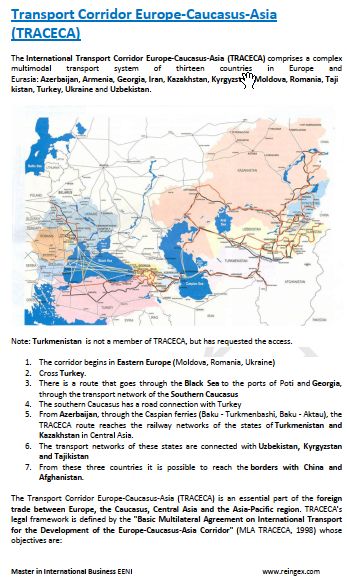

Bulgarian Foreign Trade.
- Main Bulgarian Exports: footwear, clothes, steel, iron, fuels, and machinery
- Top Bulgarian export markets are Germany (12%), Romania, Italy, Turkey, Greece
- Main Bulgarian Imports: fuels, raw materials, machinery, metals, chemical products and plastics
- Top suppliers of Bulgaria are Russia (17%), Germany, Italy, Romania, Greece
(c) EENI Global Business School (1995-2025)
Top of this page









 WhatsApp
WhatsApp